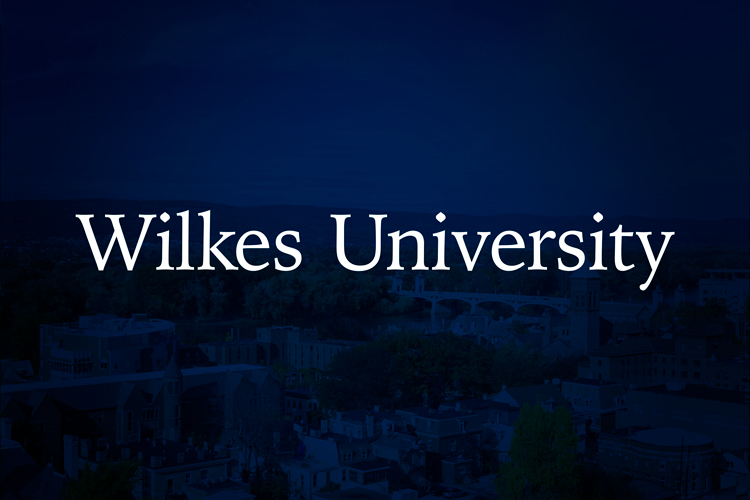Wilkes University has announced a unification of existing colleges to create three distinctive academic units to better serve students in an interdisciplinary fashion. The new structure, effective June 1, will benefit students by emphasizing creativity, collaboration and new hands-on learning opportunities across academic programs.
- College of Arts and Sciences, consisting of programs in the performing arts, humanities, behavioral and social sciences, environmental sciences and natural sciences. It also includes chemistry, math, physics and computer science. The College of Arts and Sciences will be led by Paul Riggs, who joined Wilkes in 2015 as a dean of the arts, humanities and social sciences.
- College of Business and Engineering, consisting of the Sidhu School of Business and Leadership and Wilkes undergraduate and graduate programs in engineering, including aerospace studies, bioengineering, civil engineering, electrical engineering, engineering management, environmental engineering and mechanical engineering. The College of Business and Engineering will be led by Abel Adekola who has served as the dean of the Sidhu School since 2016.
- College of Health and Education, consisting of the Nesbitt School of Pharmacy, the Passan School of Nursing and the School of Education. The College of Health and Education will be led by Deborah Zbegner. Zbegner has served as the dean of the Passan School of Nursing since 2015. She has 30 years of clinical practice as a nationally board certified women’s health nurse practitioner.
“This new vision for Wilkes University makes way for the interdisciplinary and collaborative studies that today’s job market demands, better preparing our graduates to address the world’s issues with creative solutions,” said David M. Ward, senior vice president and provost. “There is no better example of the value of interdisciplinary solutions than the pandemic, which required public and private partnerships and personnel from all fields to quickly adapt to new circumstances and identify needed remedies. With these moves, we feel we are better preparing our graduates for a more interconnected society.”
Ward further explained that the daily student experience will remain unchanged. “Our students will continue to enjoy the cutting-edge curriculum, academic excellence and faculty mentoring that sets Wilkes apart. No changes to their experience are anticipated; only enhancements.”
In addition, the new structure represents approximately $500,000 in savings – a benefit to the University as it continues to adapt to the well-documented demographic changes that will impact enrollment at institutions across the country
“In looking at the higher education space, single discipline colleges are going away to make way for innovative pairings. Wilkes must continue to evolve to address new realities and the changing needs of students as we prepare them for their future careers and lifelong success,” concluded President Greg Cant.
